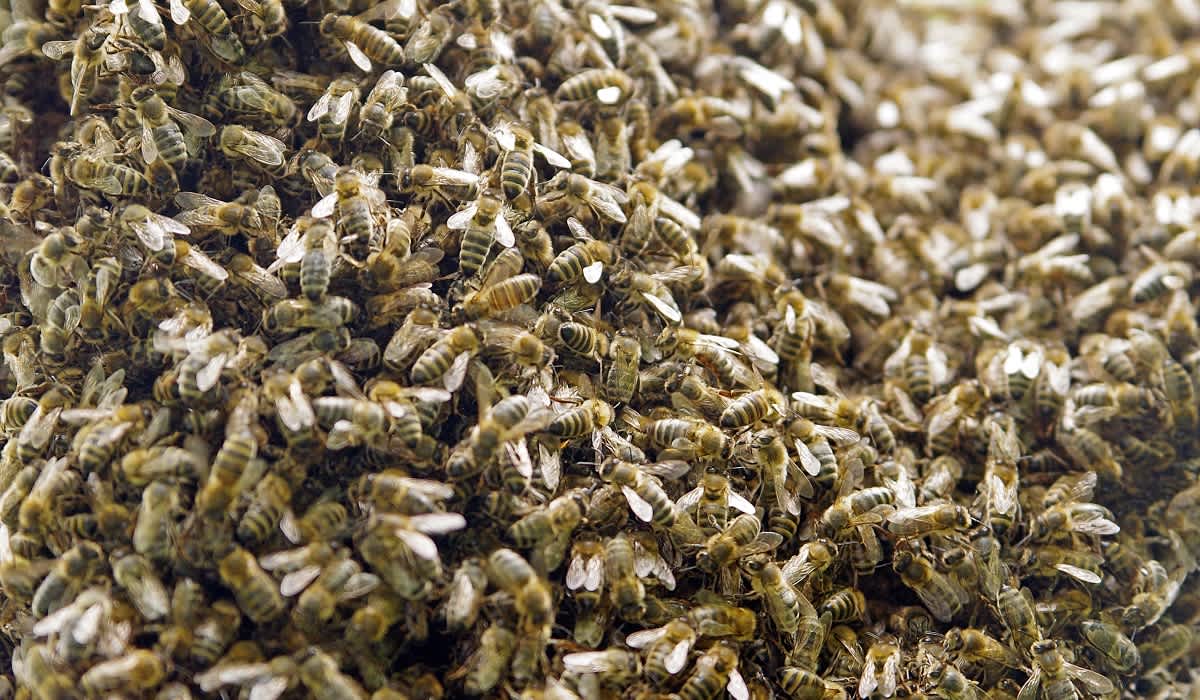Wild Video Shows Japanese Honeybees Killing Murder Hornet by ‘Cooking’ it Alive
OutdoorHub Reporters 05.07.20

Thanks to all the recent reports about Asian giant hornets – or “Murder Hornets” – showing up in North America for the first time, 2020 somehow managed to get even more strange.
This news has caused some mixed reactions, with some claiming the hornets have already been in the U.S. for several years and others thinking they are part of a ploy conspired by the government.
Either way you spin it, it’s a whole lot of NOPE for us..
We should point out, though, that the real threat behind the Murder Hornet’s arrival to North America is what they could potentially do to the honeybee populations here. These large aggressive hornets are known for raiding and killing entire hives to feast on larva, and with our bee numbers already dwindling, experts are highly concerned.
In Japan, however, the honeybees have come up with a defense to combat the Murder Hornets where they entice a scout hornet into their hive, swarm the insect and create enough energy to “cook” the intruder.
A video of this defensive maneuver surfaced online, and it’s quite interesting to watch!
The way Japanese bees deal with murder hornets is just brutal but satisfying. pic.twitter.com/8zjUloVzPY
— Brandon Morse (@TheBrandonMorse) May 5, 2020
Now if someone could pass along this footage to the honeybees in North America, that’d be great..
Unfortunately, it’s not that simple and the honeybees in North America are still vulnerable if these hornets spread across the country.
University of Arizona associate entomology professor Katy Prudic explained in a newsletter:
“Japanese honeybees have evolved an ambush defense against these hornets. When a hornet scout finds a honeybee hive, the honeybees lure her in, then collectively pounce on the hornet, beating their wings as much as they can. This flurry attack raises the temperature around the hornet, eventually killing her and a few of the honeybees closest to her. The hive will remain undiscovered to the hornet colony and live to see another day.
This adaptation is not seen in European honeybees, which are common domesticated pollinators used in our agriculture systems. So, if this hornet becomes a pest, we might have to figure out a way to get them to behave more like a Japanese honeybee through some sort of genetic modification.”
I’m definitely not an expert on this matter, but that doesn’t sound like an easy – or great – plan. Let’s all hope it doesn’t come to that!

